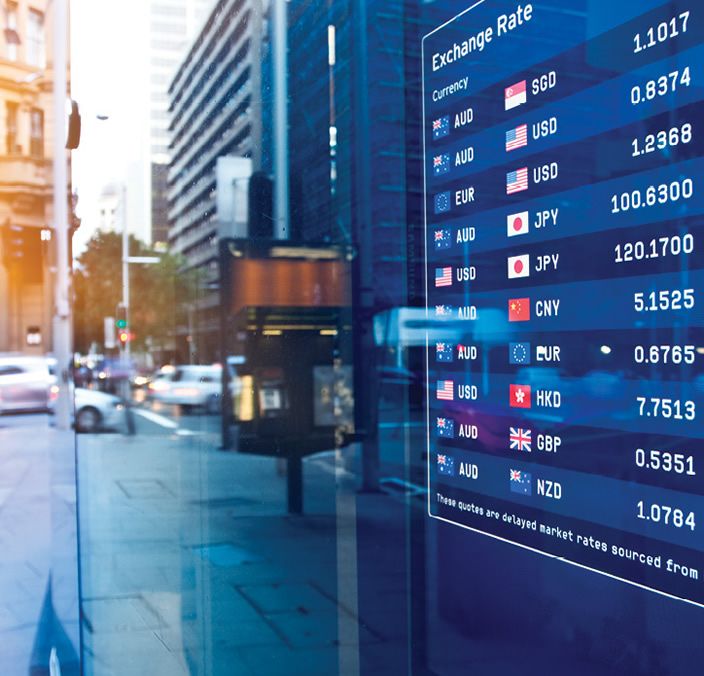
Superannuation analysts were predicting a low single digit annual return for default options this financial year prior to Brexit knocking 4% off the Australian share market. So at the time of writing (late June) it’s a line ball call as to whether median funds will finish the financial year in positive or negative territory. It’s been a year marked by low interest rates, low inflation, low oil prices, political instability and share market volatility. Kickstart measures such as quantitative easing by central banks have assisted world economies, but political and economic instability have soured investor sentiment and ‘recoveries’ have been sluggish at best.
As at 31 May 2016 NGS Super Diversified (MySuper) was returning 4.33% placing it in the second quartile. At the same date the Master Trusts Median (retail) was 2.89% and the not for profit median was 4.17% demonstrating the industry fund outperformance. The Australian cash rate sank to 1.75%, a historical low. International fixed interest manager, PIMCO, has predicted that “radical uncertainty” about the future of global economies, markets and policies will be with us for the next three to five years.
So what should we expect for the new financial year? Which asset classes will be the top performers? Are past paradigms for investment strategies still relevant or does the brave new world require fresh approaches? How do fund members build their super balances in an environment of low investment returns and market volatility?
These are the questions that investment managers and trustees are grappling with at present. The perennial dichotomy of active versus passive management may be relevant in the sense that active managers seek to outperform the index. Selecting the correct sectors for investment and improving portfolio asset allocation are the tools at the disposal of active managers who are looking for above index performance.
Members attempting to build their super balances should remember that ‘wealth’ is achieved not only through investment returns, but also through their levels of contributions. Salary sacrifice is an effective tool for building wealth as contributions are taxed at 15% rather than the marginal tax rate. The current cap for salary sacrifice and SG (Super Guarantee) contributions is $30,000 for members under 50 and $35,000 for members over 50. So subject to the cap, a worker on $37,000 to $87,000 per year would generally save 17.5% on salary sacrifice contributions. It should be noted that the government has proposed a universal cap of $25,000 for all SG and salary sacrifice contributions starting from 1 July 2017. For non concessional (after-tax) contributions, there is no tax payable upon receipt by the fund and the current annual cap is $180,000. Again there is proposed legislation to limit all lifetime, after tax contributions to $500,000 per individual retrospectively to 1 July 2007. So the window for making extra contributions may become smaller.
After a period of sustained growth for default funds, this financial year has proven to be a challenge from an investment perspective. Super Ratings has reported the median balanced option return over the past five years at 7.7% (30 April 2016). This number will not be reached as at 30 June this year, partly because of the large swings which have characterised investment markets with “radical uncertainly” prevailing.


































































































































